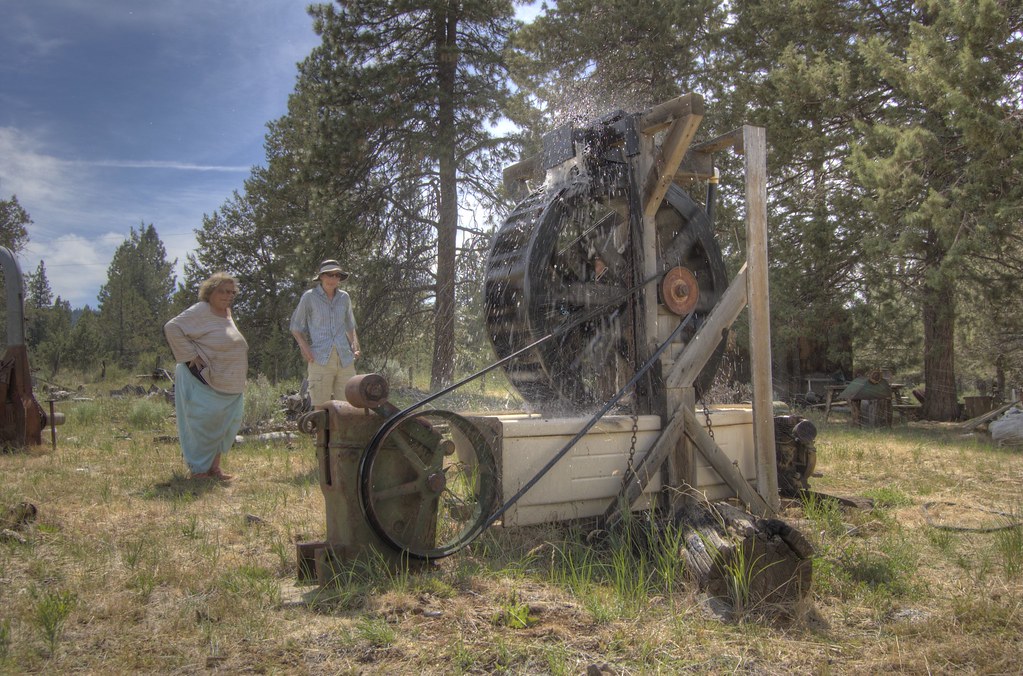The allure of Mars has long captivated humanity, and recent discoveries have heightened this fascination. Notably, a Mars rover has uncovered a structure resembling a building, igniting debates about the potential for ancient life on the planet. This finding raises critical questions: Could these remnants indicate a once-thriving civilization, or are they merely products of natural geological processes? Exploring this intriguing discovery invites us to reconsider our understanding of life beyond Earth and the historical significance of our celestial neighbor.

There is evidence showing that lives may exist on Mars.
The discovery of what appears to be the remains of a building on Mars has left scientists and enthusiasts alike in awe. The structure, characterized by ancient brick-like formations, suggests that Mars may have once possessed a natural environment similar to that of Earth. This revelation raises profound questions: Did life ever exist on Mars? If so, what form did it take, and how did it adapt to the harsh conditions of the planet?
NASA’s Perseverance rover has been at the forefront of this exploration, diligently analyzing various rock samples in the Jezero Crater. Among its findings is a rock dubbed “Cheyava Falls,” which exhibits traits that hint at the possibility of past microbial life. The rover’s instruments have detected organic compounds within the rock, alongside evidence of ancient water flow. These findings are significant, as they suggest that Mars may have once been a habitable environment.
Ken Farley, the project scientist for Perseverance, describes Cheyava Falls as ‘the most puzzling, complex, and potentially important rock yet investigated.’ The rock’s distinctive features, including colorful spots indicative of chemical reactions that could have supported microbial life, have excited researchers. However, the scientific community remains cautious, as alternative explanations for these traits are still being explored.
The implications of these discoveries extend beyond mere curiosity. If life did exist on Mars, it would mark a monumental shift in our understanding of the universe. The possibility that life could emerge independently on another planet challenges our perceptions of biology and the conditions necessary for life to thrive. Furthermore, it raises questions about the potential for life on other celestial bodies within our solar system and beyond.
There are different opinions between scientists.
While the evidence is compelling, the scientific community is divided on the interpretation of past findings. The Viking landers, which landed on Mars in the 1970s, conducted experiments that hinted at the presence of life but ultimately produced ambiguous results. Some scientists argue that the Viking experiments may have inadvertently destroyed potential Martian microbes, while others maintain that the evidence does not support the existence of life.
As we continue to explore Mars, the quest for answers remains paramount. The European Space Agency’s plans to retrieve samples from Mars have faced delays, but the hope of bringing Martian material back to Earth for further analysis keeps the dream alive. Such endeavors could provide definitive answers about the planet’s past and the potential for life.
The search for life on Mars is not just about uncovering the past; it is also about understanding our place in the cosmos. Each discovery brings us closer to answering fundamental questions about life, evolution, and the conditions that foster existence. As we stand on the brink of potentially groundbreaking revelations, the excitement surrounding Mars exploration is palpable.

The enigmatic ruins on Mars intrigue researchers and evoke profound questions about the planet’s past. The prospect of ancient life thriving on this arid terrain not only captivates our imagination but also drives ongoing exploration efforts. As data from the Perseverance rover and other missions continue to be analyzed, there is a growing anticipation that the mysteries of Mars will soon be illuminated. This quest for knowledge keeps alive the fundamental inquiry regarding our existence in the universe. The pursuit of discovery remains vibrant, with the Red Planet poised to reveal more of its secrets.
Related posts:
Nasa might have found evidence of past life on Mars
NASA may have unknowingly found and killed alien life on Mars 50 years ago, scientist claims
The Hunt for Life on Mars – and Elsewhere in the Solar System





